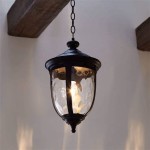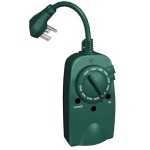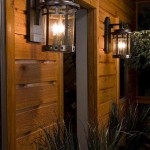Essential Outdoor Railing Requirements
Outdoor railings play a crucial role in ensuring the safety of your outdoor spaces, such as balconies, decks, and stairs. Whether you're building a new home or renovating an existing one, adhering to the essential requirements for outdoor railings is paramount for preventing accidents and injuries.
The following sections delve into the key aspects of outdoor railing requirements, providing comprehensive information to guide your decision-making process.
1. Height and Spacing
The height of outdoor railings must comply with building codes, which typically specify a minimum height of 36 inches. The vertical spacing between balusters or spindles should not exceed 4 inches to prevent objects from falling through and posing a hazard to children and others.
2. Strength and Load Capacity
Outdoor railings must be strong enough to withstand potential impacts and loads. Building codes specify the minimum load capacity requirements, which typically involve a concentrated load applied at any point on the railing. It's crucial to select railings made from durable materials that can withstand harsh weather conditions and accidental force.
3. Railing Top
The railing top should have a smooth and rounded surface to prevent injuries from accidental contact. Sharp edges or protruding elements should be avoided. Building codes may specify additional requirements, such as the maximum height of the top rail above the walking surface.
4. Accessibility
Outdoor railings should be accessible for individuals with disabilities. Handrails must be continuous and extend beyond the beginning and end of the stairs or ramps to provide a secure grip. Additionally, consider installing ramps or other accessible features where possible.
5. Materials and Finishes
Outdoor railings can be constructed from various materials, including wood, metal, and composite materials. Choose materials that are resistant to moisture, UV radiation, and corrosion. Consider the aesthetic appeal and durability of the materials and finishes when making your selection.
6. Inspections and Maintenance
Regular inspections and maintenance are crucial for ensuring the ongoing safety of your outdoor railings. Inspect railings annually for any signs of damage, loose connections, or corrosion. Promptly repair or replace any damaged components to maintain the integrity of the railings and prevent accidents.
By adhering to these essential requirements for outdoor railings, you can create safe and functional outdoor spaces that enhance the enjoyment and value of your property.

Deck Railing Code Requirements San Diego Cable Railings

Deck Railing Height Diagrams Code Tips

Guide Deck Railing Height Code Requirements Timbertech

Deck Railing

Building Codes For Deck Railing Height Decksdirect

Deck Building Code Requirements Checklist Tips Decksgo

How To Builid Code Compliant Deck Railings Posts

Deck Railing Loads Building Code

Stair Railing

Deck Railing Guide Decksdirect
Related Posts







